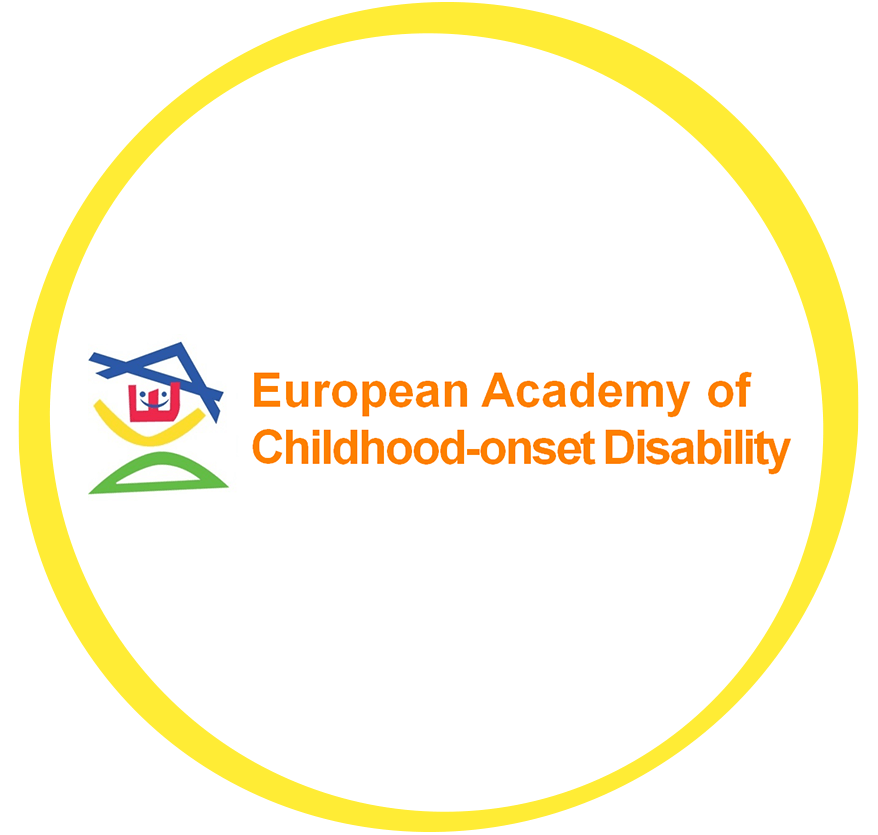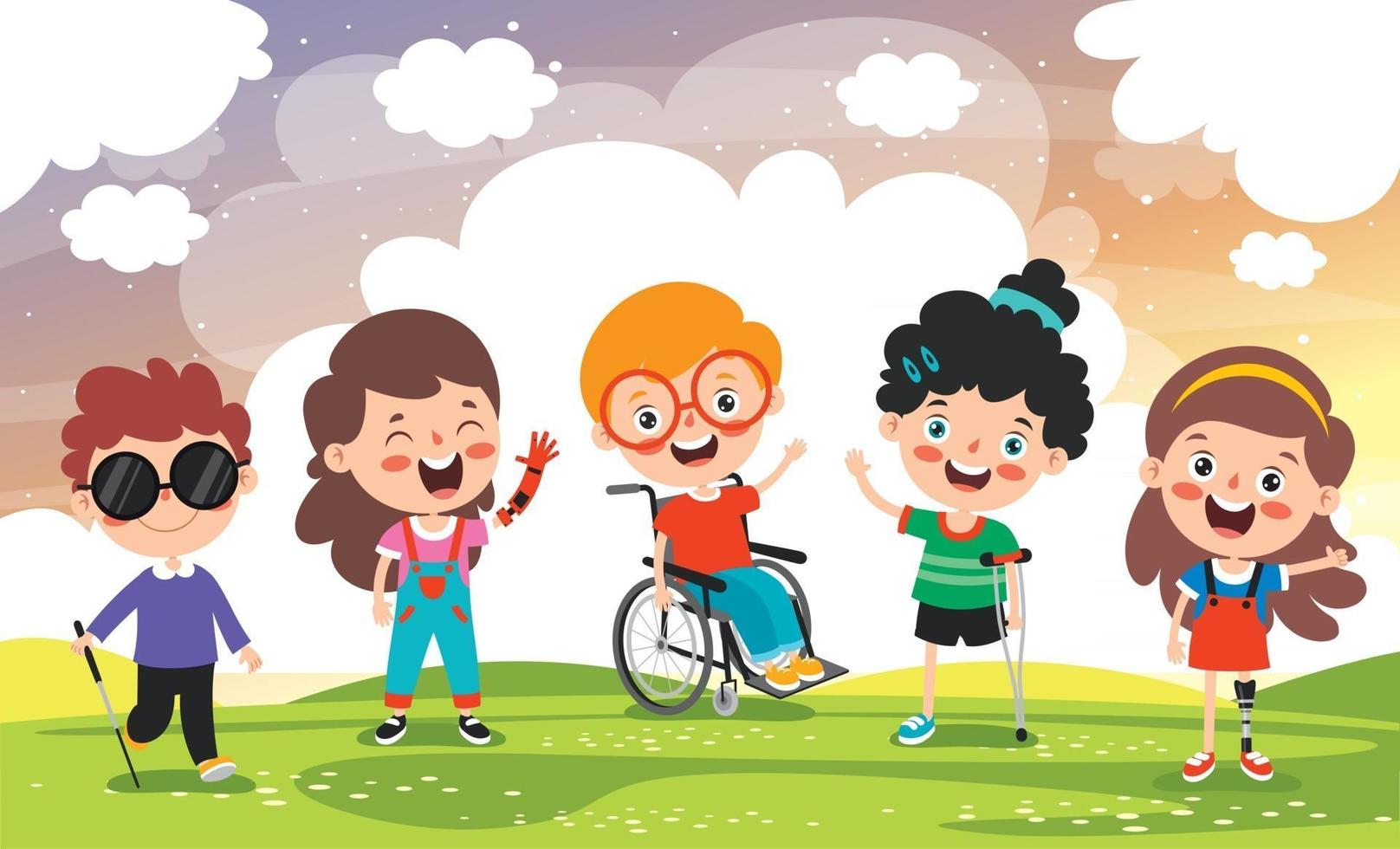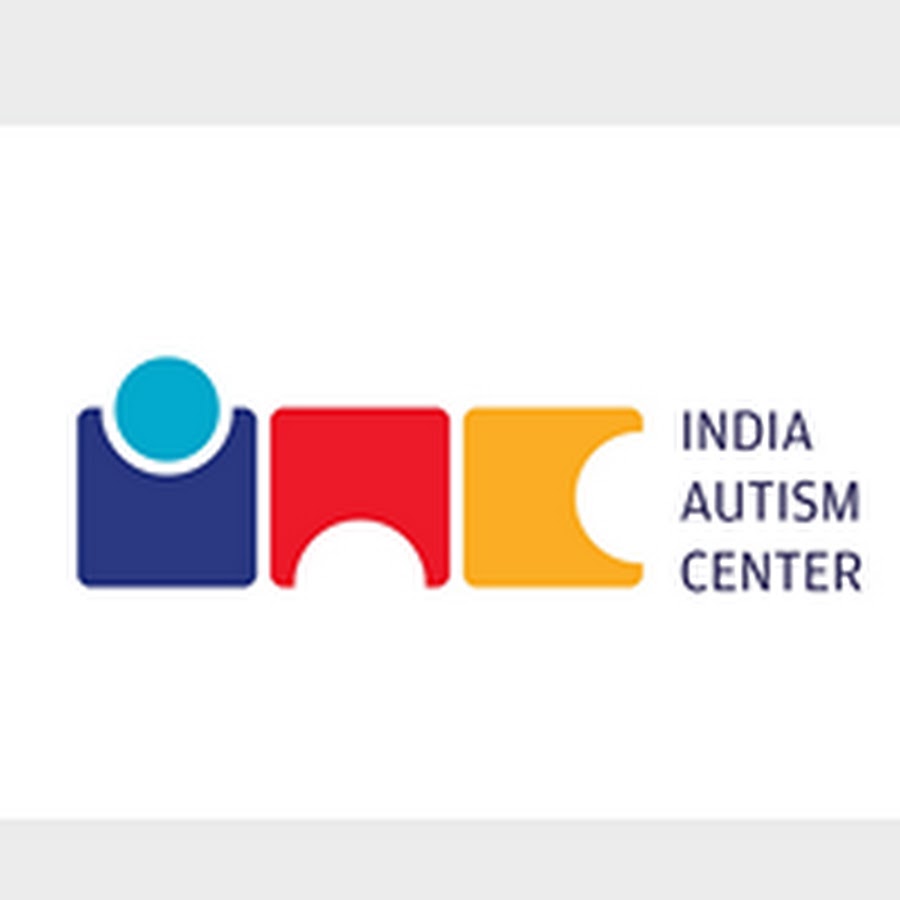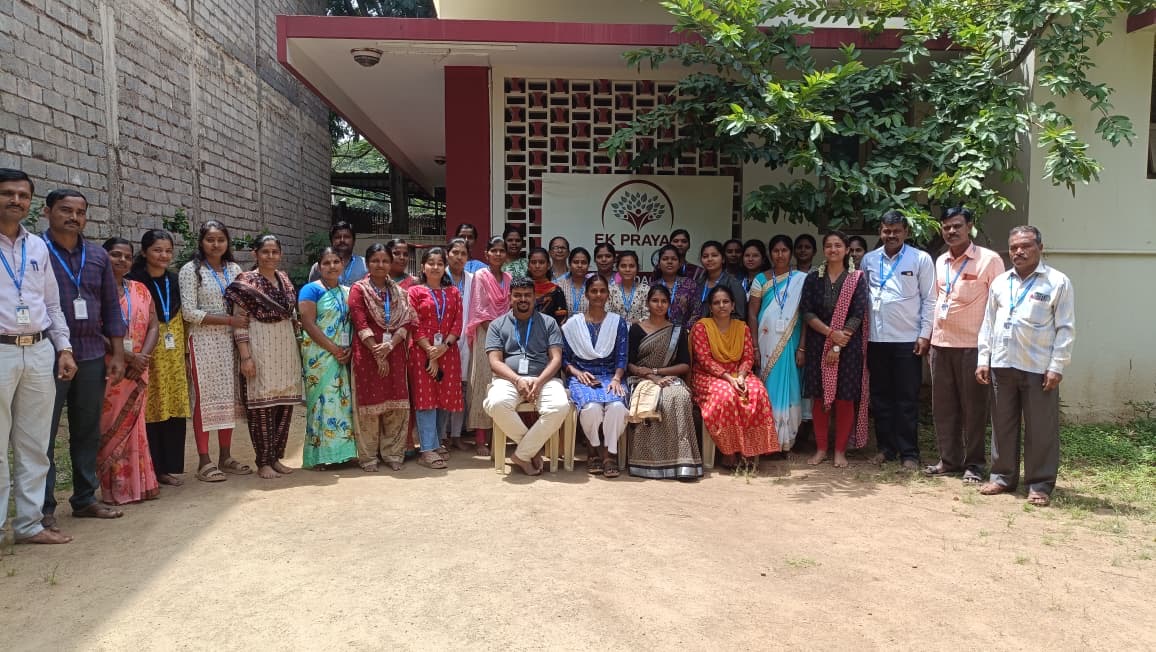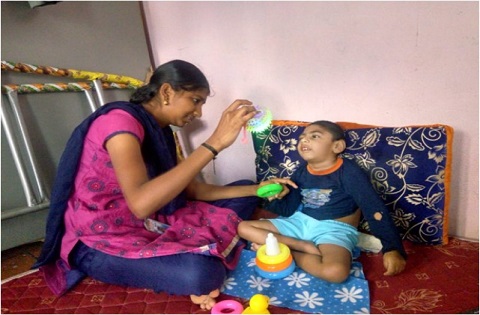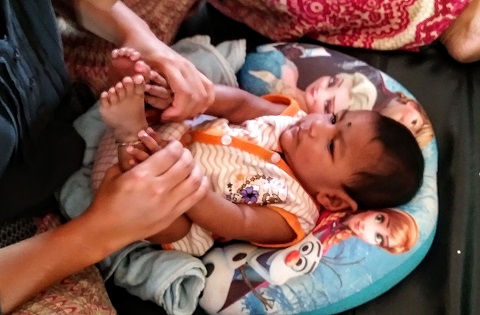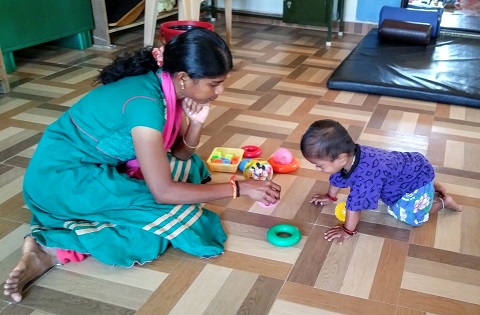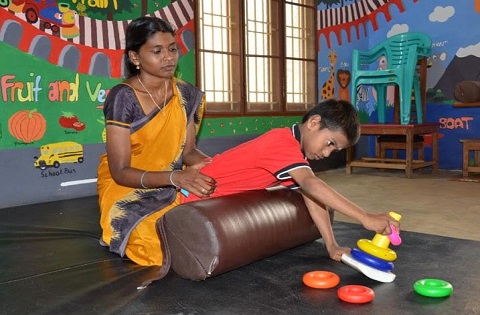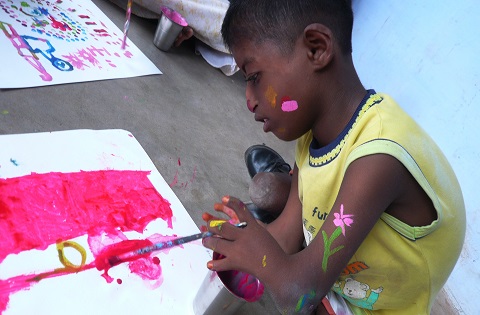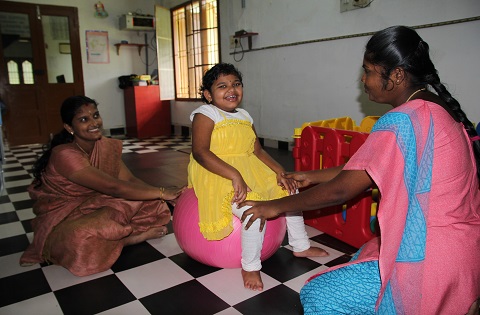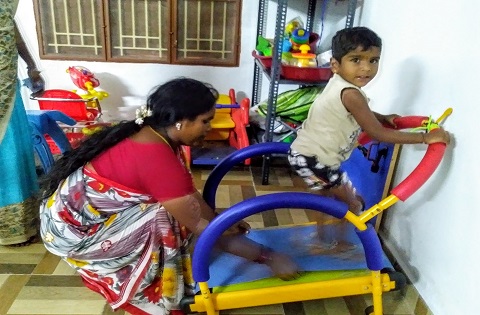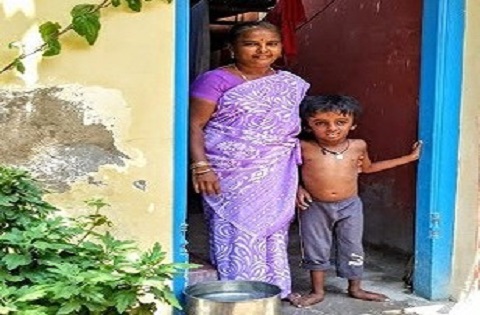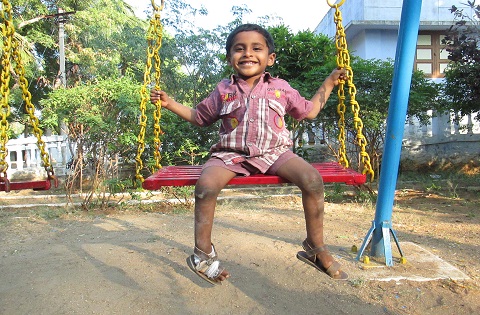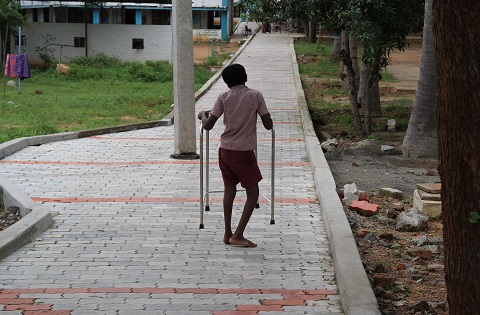During the COVID pandemic, India saw multiple lockdowns over a span of 2 years that impacted rehabilitation service provision within the country. Digital technologies helped provide and maintain service provision to children with disabilities in the Indian state of Tamil Nadu through the Enabling Inclusion (EI) App developed and implemented by Amar Seva Sangam Ayikudy (ASSA). This study describes the process, evolution, and outcomes that Amar Seva Sangam’s Enabling Inclusion team experienced through implementing coaching approaches via tele-rehabilitation for families, despite the challenges of the COVID-19 pandemic.
During COVID, the EI app evolved to help provide health coaching to parents and children requiring it within the community. 2939 families of children with a neurodevelopmental disability, received services. 576 were pre-existing clients and 2363 were recruited into the programme through the lockdown. 19% of families received services through video calls and 81% families received audio calls, which occurred 2-4 x times a week. The services were provided by 2 occupational therapists, 30 physiotherapists, 30 speech trainers, 30 special educators and 125 community rehab workers (CRWs).
The video sessions lasted for a mean time of 32 minutes and audio sessions for 26 mins. Health coaching was provided in 2 ways. Mixed approach where the parents and child were directly observed and coached on handling and home interventions via video calls and the audio calls were used to check in and troubleshoot any queries parents had. Despite the challenges posed by the COVID-19 pandemic and repeated lockdowns and re-openings, an NGO located in rural India was able to not just sustain services, but scale-up rehab service provision for children with disabilities through the use of digital technology and tele-rehab supported by the Enabling Inclusion® app.

